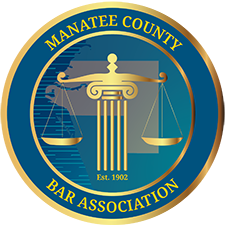Understanding Revocable and Irrevocable Trusts
Revocable and irrevocable trusts are two common estate planning tools that serve different purposes and offer distinct benefits. A revocable trust, often referred to as a “living trust” or “revocable living trust,” allows the grantor (the person creating the trust) to maintain control over the trust assets during their lifetime. This means they can amend, revoke, or make changes to the trust at any time, providing flexibility and ease of management. Upon the grantor’s passing, the assets held within the revocable trust typically avoid probate, a lengthy and often costly legal process, making it a valuable tool for simplifying the transfer of assets to beneficiaries. However, because the grantor retains control, the assets in the trust remain part of their taxable estate for estate tax purposes.
On the other hand, an irrevocable trust is a legally binding arrangement in which the grantor surrenders control and ownership of the assets placed within the trust. Once established, the terms of an irrevocable trust cannot be easily altered, and the grantor generally cannot access or benefit from the assets held within the trust. Irrevocable trusts are often used for specific estate planning goals, such as reducing estate taxes and protecting assets from creditors. Since the grantor no longer owns the assets, they are typically not included in the grantor’s taxable estate, potentially resulting in reduced estate tax liability. While irrevocable trusts offer strong asset protection and estate tax benefits, they come with the trade-off of limited control and flexibility for the grantor.
The choice between a revocable and irrevocable trust depends on individual circumstances, estate planning goals, and the level of control and flexibility desired. Both types of trusts have their merits, and individuals should carefully consider their objectives. Please reach out to us if you have questions or if we can help you determine which trust best suits your needs. Call 941-914-9145 to fill out our contact form and we will be in touch to schedule a meeting.






